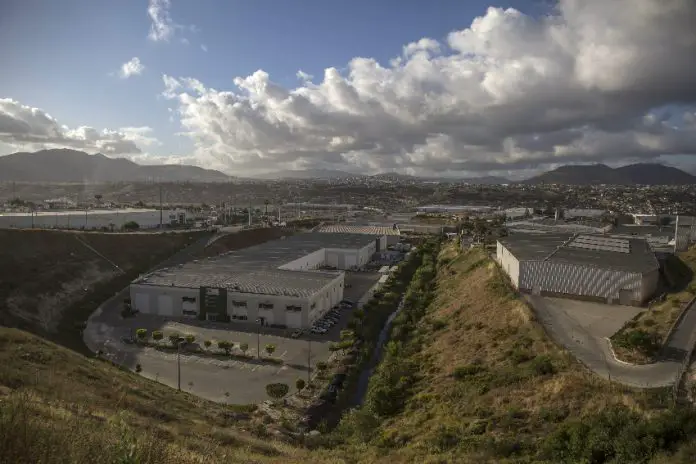What if everyone benefits from nearshoring in Mexico except Mexicans?
It was precisely this question that got me thinking and doing some research into the possibility of such a bold statement.
I am the first to admit that I am a big fan of measuring and celebrating foreign direct investment (FDI) in Mexico.
In the simplest terms, more FDI means more jobs, more jobs mean more people in the formal economy, more people in the formal economy means better benefits for workers and a bigger tax base for the government. The government having a bigger tax base means more money to improve schools, hospitals, infrastructure, etc. Although that is all true, it misses an important point.
Let’s take an example.
Mexico today has a thriving shoe industry owned by Mexican companies. Imagine for a moment that a Chinese shoe company decides to invest US $100 million in Mexico to build a state-of-the-art shoe factory. As mentioned earlier, there is a tendency to celebrate these kinds of new FDI announcements (especially by local governments who compete to get the investment by offering incentives). It is true that this Chinese investment would result in more temporary (construction workers building the factory) and permanent (factory workers) jobs.
That’s great. But let’s look at the bigger picture. That Chinese factory might be so competitive that it ultimately results in job losses at the Mexican-owned shoe companies — maybe even to the extent that they go out of business.
In this example, there might be a net zero of new jobs created, or even a net negative if the new Chinese factory comes with improved automation requiring less human labor. That Chinese factory might encourage its suppliers to come from China to Mexico — resulting in more FDI, but potentially resulting in even more job losses at Mexican shoe factories.
If the Mexican shoe company is able to compete and stay in business, Mexico is getting net job creation from the new Chinese factory. However, the profits generated by the Chinese plant most likely will go back to the parent company in China (versus staying in Mexico with a Mexican company). If Chinese companies invest in Mexico and ultimately displace the local industry, will Mexico and Mexicans be better off? Workers will now work for Chinese companies instead of Mexican companies. Profits will no longer stay in Mexico. How is Mexico truly benefiting beyond basic manufacturing jobs?
This argument has been made in terms of the FDI in the maquiladoras on the US-Mexico border. Companies from around the world poured investment into Mexico to take advantage of cheap, semi-skilled labor and proximity to the United States. Arguably, Mexico and most Mexicans did not benefit as much as they should have. There are lots of jobs there, but most are low-pay, low-skill assembly plants.
But the world is very different now.
The world has just witnessed a massive 30+ year-case study with China. Mexico now has an advantage not seen in decades as supply chain concerns force companies to look to move manufacturing closer to their home markets. Mexico can and should expect more than just low-skill job creation. It should expect higher value jobs to come with the manufacturing — jobs in engineering, research & development, information technology, marketing, etc.
Mexico should expect that a significant portion of profits are kept and reinvested in the country. Mexico should expect that management positions are filled with local Mexicans. Mexico should now know that simply moving low-skill assembly plants from China to Mexico alone will not make a significant impact over the medium and long term. The data on that is clear.
I see an increasing number of Mexican government officials understanding and talking about this — including several cabinet members recently named in President-elect Sheinbaum’s administration.
The Mexican government can and must do its part with the right mix of tax incentives, with tariffs where appropriate, and with coordination of policies between the Mexican, U.S. and Canadian governments.
But even if government officials do their part, ultimately Mexican business leaders have to step up and take advantage of the opportunity. Will they? Can they?
Stay tuned for my column next week about my interview of a young Mexican business leader stepping up to the challenge — creating a business that will help Mexicans maximize their benefits from nearshoring.
Travis Bembenek is the CEO of Mexico News Daily and has been living, working or playing in Mexico for over 27 years.
